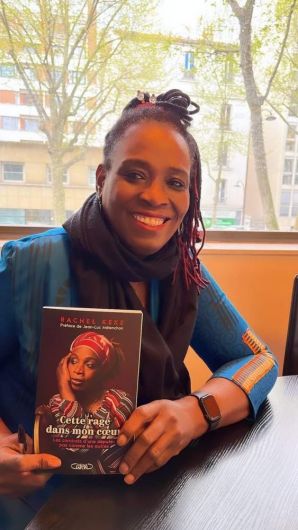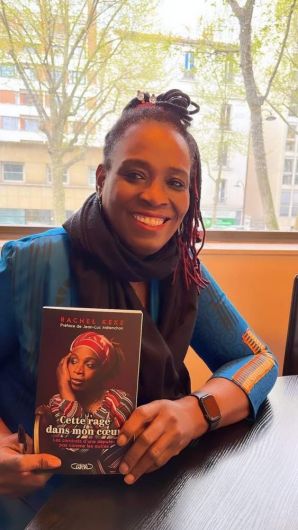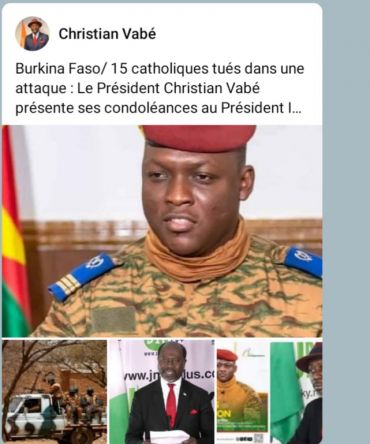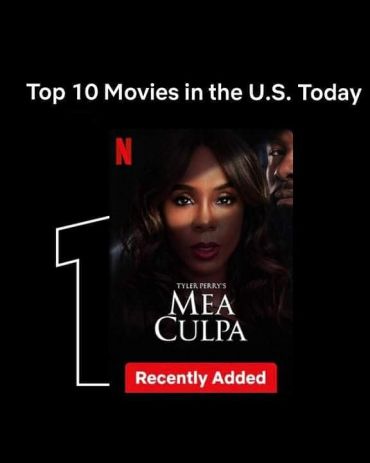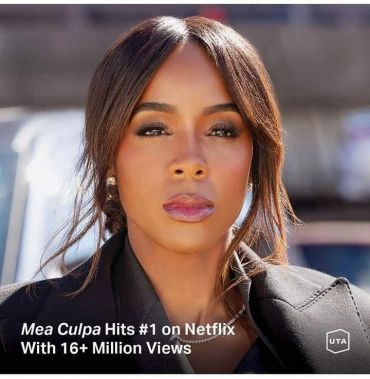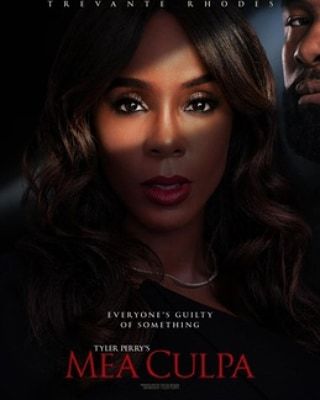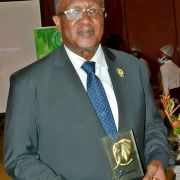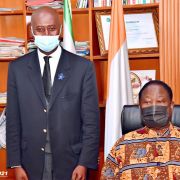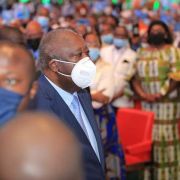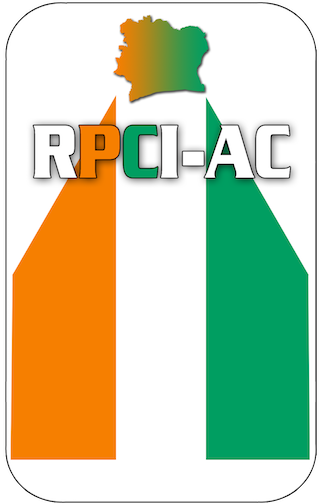"World Economy":"African countries strategy in this world of globalisation"!
Le 14 novembre 2011 par Ivoire Business - In this word of international competition and globalisation, the African countries as a whole must come
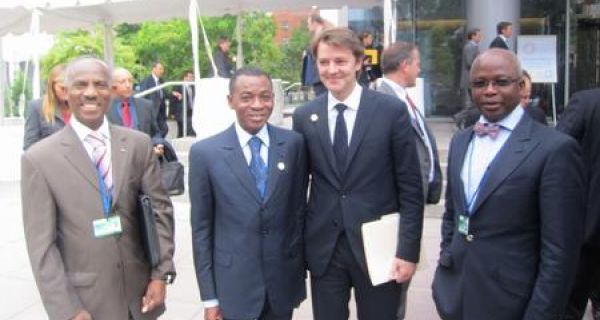
Le 14 novembre 2011 par Ivoire Business - In this word of international competition and globalisation, the African countries as a whole must come
together as one so as to plan a common strategy by forming a cartel to force up the price of their produce(commodities, minerals, oil resources). African history can record that in the eighties, former ivorian president (1960-1993) "Felix Houphouet Boigny" tried alone in vain to challenge the Cacao and COFFE international market by refusing to sell, the ivorian commodities at a lower price internationally!Being isolated, he finally failed to to get a fair and righteous price as far cacao and coffee were concerned in the "IVORY Coast" at that paricular period! Consequently, he increasingly became the first target and of international western speculators...It's the roots of an unprecedented international conspiracy targeted at the IVORY coast. THE (G8) started at that particular period to pave the way for "ALLASSANE OUATARA" politically, their new stepchild IN THE IVORY COAST...But, the big question is, why don't commodity producer form a cartel to force up the price of their produce?One problem remains diversification of african countries suppliers.The more producers they are, the greater the alternatives for first world purchasers. In the same trend, if the "Ivory COAST" increases the price of its Cacao and Coffee firms just turn to (Brazil, Costa RICA, COLUMBIA, Ghana ...).
Another problem is that national governments must be able to control the production of that commodities in their territory. Let's take the conspicuous example of the late Colonel "Quadafi: After seizing power in Libya in 1969, Colonel "Qadafi" threatened to take over any company that did not cut oil production and raise prices. Other nations have not possessed the same ability or desire to control commodity producers. Meanwhile, the wave of privatisation that swept particularly the african countries in the 1980s and 1990s further reduced the possibility of building of effective producer cartels in the future. Furthermore, being close to the economic facts, the only cartel of commodity producers that proved capable of exerting pressure on the developed world was the organisation of petroleum exporting exporting countries(OPEC).Its decision to quadruple oil prices in 1973 had an enormous impact on the world economy. However,as strange in 1988 notes, the oil dependent nations of the first world learnt quickly from their experience. Oil companies moved their prospecting and exploration efforts to non(OPEC areas), consumer states diversified the energy suppliers.BY the 1990s even OPEC, the most powerful of commodity cartels, had lost its stranglehold on the first world. Dependency theorists point to capital outflows from the african countries to the first world. BY comparison, the amount of aid granted to the african countries pales into insignificance. In 1989, the west gave the african countries more than (40 billions of Usa dollars) in aid, but the african countries gave the west more than (10 billions usa dollars) in debt repayments. Generally speaking, based on facts, Africa's burden of debts exceeds the african continent (GNP).the outflow of cash money from the african countries form part of the debt crisis. This too shows the dependency of the african countries, but in this case"Interdependency" is the more accurate term. In the long run, the african countries debt crisis will help to ensure the triumph of the liberal theory of development..therefore, many african countries such as the "IVORY Coast" are turning away from commercial banks towards the international monetary funds(IMF). Meanwhile, the (IMF) is an increasingly important actor in the management of the world economy.Contributions to the (IMF) come from member nations.BUT, the united nations of America remains the dominant partner in the (IMF) with around 20 percent of voting power.AS any change in (IMF) rules requires an (85 per cent) majority in favour, the americans have, in effect, veto power. SO, we can conclude that USA keeps on ruling (IMF) till today, internationally to some extent!
(Yves T Bouazo)


